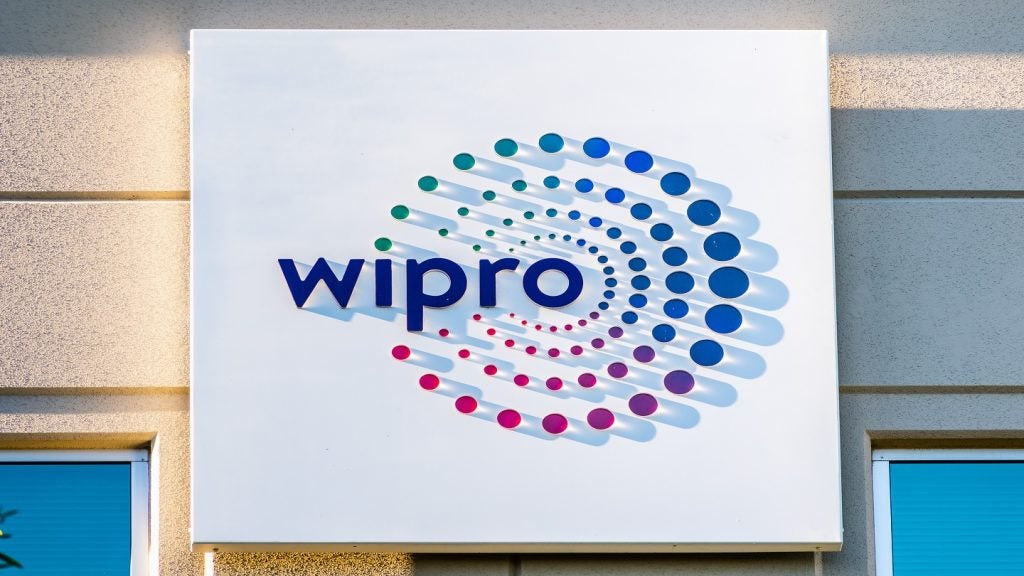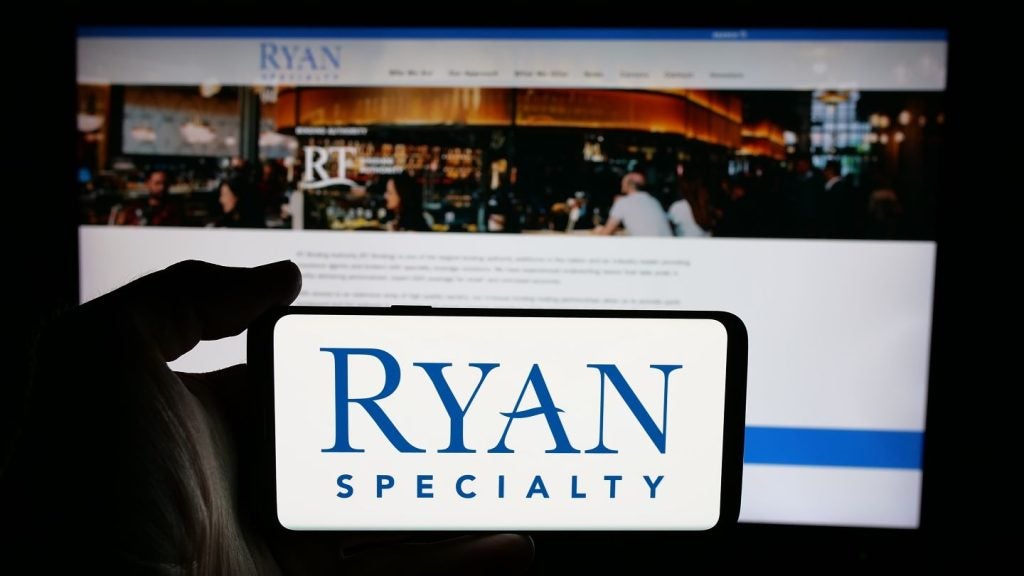
Health technology company, Philips, would “love to team up with insurers”, according to Egbert van Acht, CEO for health and wellness at Philips.
Speaking to an audience of 850 senior insurance executives at the recent DIA Amsterdam global InsurTech conference – attended by Life Insurance International – van Acht said by by Philips and insurers working together: “Together, we can achieve better outcomes.”
He explained that Philips is witnessing four major trends in health technology. These include:
- Increasing customer engagement in health
- A shift to value-based healthcare
- Care shifting to a lower cost setting and the home
- The digitalisation of health
Van Acht said Philips connected devices, for example, offer a personalised and meaningful experience, bringing insurance partners closer to their enrollees. He added they can also measure and monitor customer behaviour, thereby motivating and coaching customers towards healthier behaviours.
Lee Ng, COO, for MetLife LumenLab Singapore, advocated to DIA Amsterdam attendees the importance of testing and learning for effective insurance digitalisation. She said the biggest challenge for insurers with insurance technology is the “Knowing – Doing gap”.
Ng noted that even though insurers are in the risk business, they typically don’t like to take risks.
Ng had insightful advice for InsurTech start-ups pitching to a large company to gain investment: “Don’t talk about better, cheaper and faster. You need to explain what is your secret sauce, and talk about barriers that matter to the company.”
Culture matters for digitalisation
Mark Klein, chief digital officer at ERGO Group, stressed there is no silver bullet for insurance digitalization. That’s why insurers’ organizational culture and changing that culture is vital, he said.
“New technology offers the chance to change and launch new business models. The most important challenge for incumbents however is not about technology but about cultural change,” commented Klein.
Chatbots and artificial intelligence
Overall, InsurTech innovators at the DIA Amsterdam global InsurTech conference urged insurance players to embrace chatbots and artificial intelligence technology to make insurance simpler, more accessible and personalised.
Renaud Million, CEO of technology company SPIXII, which has been live since December 2016 and provides chatbots for insurers, told the audience that insurers know they have to digitalise, but typically they are challenged by their systems and processes.
Personalisation
Stressing the importance of insurance to become personalised, Million said: “You sell the same product, but your customers are all different.”
SPIXII markets itself as re-thinking the relationships between insurers and their customers and the way in which they interact.
He said the aim is to achieve the dream of making insurance accessible, simple and “more personal than ever before.”
The opportunity for life and health insurers to leverage data analytics for health wellness and engagement programmes was another key theme of the DIA Amsterdam event.
Lukas Ammann, sales director Europe at Switzerland-based technology company, showcased dacadoo, at DIA Amsterdam.
dacadoo operates a mobile digital health engagement platform, which enables life and health insurers to offer health engagement, lifestyle analytics and dacadoo points for motivational and reward purposes to policyholders.
Ammann told the audience that the challenge facing life and health insurers has been:
1. There is no real digital connection with consumers
2. Life and health insurance often has not played a relevant part in a client’s life
3. There has been a lack of engagement with policyholders
Ammann explained that dacadoo providers users with a dacadoo health score, which is a scientifically calculated number from 1 (low) to 1,000 (high).
More than 50 insurtechs presented solutions that will accelerate innovation in insurance. Technologies on stage varied from artificial intelligence and drones in P&C insurance to chatbots and connected devices in life and health.
Reggy de Feniks, who founded DIA together with Roger Peverelli, commented: “The live demos at DIA Amsterdam definitely made clear that insurance is at the brink of massive customer centric change. Many of the insurtechs at DIA presented applications that enhance operational excellence as well as drive customer engagement.”
DIAmond Award InsurTech winners
The insurers and insurtech investors in the DIA audience awarded six insurtechs the DIAmond Award for insurtech with most strategic impact:
- Ladder (USA): Digital term life insurance.
- Friss (Netherlands): Fraud detection and risk mitigation for non-life.
- Hover (USA): Property claims and inspections via smartphone photos.
- Sentiance (Belgium): Moving from IoT to IoU with context-aware assistance.
- Sherpa (UK / Malta): A 360 new and smart insurance concept.
- Backbase (Netherlands): Omni channel customer engagement platform.
InsurTech companies at DIA Amsterdam
In total, 60 selected insurtechs from 6 continents presented their solutions at DIA Amsterdam. These included: Abracar (Germany); Amodo (Croatia); BIMA (Sweden); Boundlss (Australia); Cytora (UK); Dacadoo (Switzerland); eSignLive (Canada); GetmeIns (Israel); Guardtime (Estonia); Kevinsured (Spain); NuvaLaw (South Africa); PolicyPal (Singapore); Qover (Belgium); Reply.ai (USA); RightIndem (UK); Skyglyph (Bulgaria); SnapSure; and Kasko (Germany); Tribe (Norway); and Youse (Brazil).







